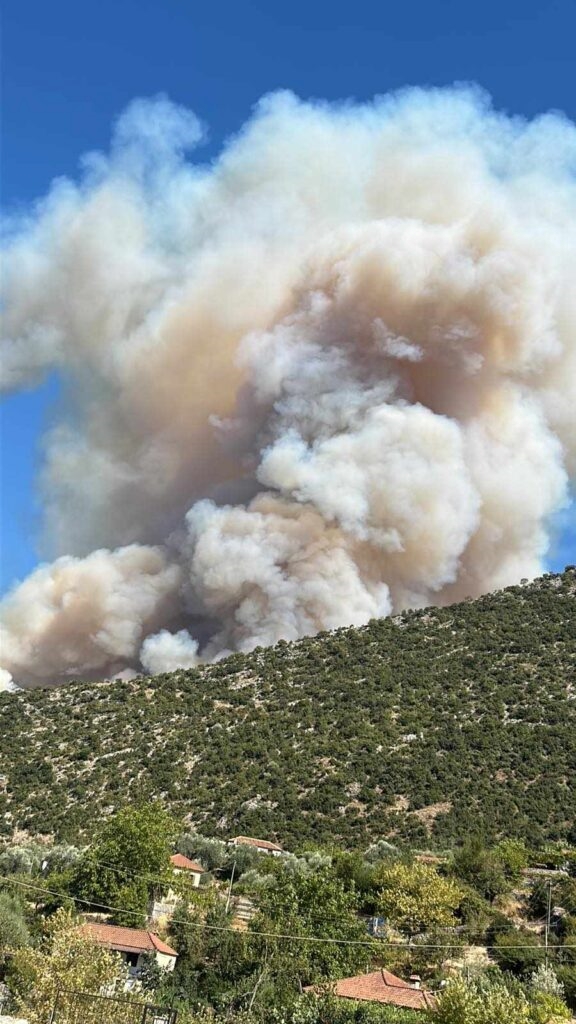“Tinder box” conditions are forecast for Saturday in much of southern Greece and the islands, according to civil protection authorities and the fire brigade, meaning that first responders in the country will again be on edge for the possibility of wildfires.
A single but rapidly spreading and uncontrolled blaze that started last Sunday in the Varnavas township, northeast of Athens, scorched some 10,000 hectares of land over the subsequent two days, extending from northeast Attica prefecture all the way to the twin peaks of Dionysos and Penteli, overlooking the greater Athens area. Flames reached as far southwest as north Athens’ leafy highland municipalities.

There will also be a precautionary ban on the circulation of vehicles and people within national parks, forests and high-risk areas, along with a ban on activities such as barbeques in rural areas or outside activities using machinery that causes sparks.
On the day, the most serious wildfire was reported in Kozani prefecture, in northwest Greece, near the Monastery of St. Cosmas the Aetolian. A force comprised of 37 firefighters operating nine fire engines were deployed to the scene, aided by two ground units and municipal crews. Three aircraft were also dropping water before dusk.
Another major wildfire erupted in the extreme northwest border prefecture of Thesprotia, and specifically at the Palabas site within the municipality of Filiates.
Meeting to discuss restoration, compensation
In a related development, the relevant Climate Crisis and Civil Protection Minister, Vassilis Kikilias, on Friday chaired a meeting of ministry official and mayors of fire-stricken municipalities to discuss measures for the rapid restoration of damages.
In a first response, the interior ministry this week disbursed emergency funding totaling 4.7 million euros to the eight municipalities, with more compensation approved for households and businesses.
Ministry cites progress to restore fire-ravaged northern Evia
Finally, in another wildfire-related development, the environment ministry on Friday issued an announcement referring to what it called progress in funded reforestation, restoration and fire-fighting works in northern Evia Island, which was devastated in the summer of 2021 by a multi-front conflagration that torched some 125,000 hectares of land – including dense mountainous forests.
Much of the reforestation and afforestation works are funded under the EU’s Recovery and Resilience Fund, with thousands of seedlings of the Black Pine (pinus nigra) species to be planted this autumn and the cultivation of tens of thousands of others at nurseries.


